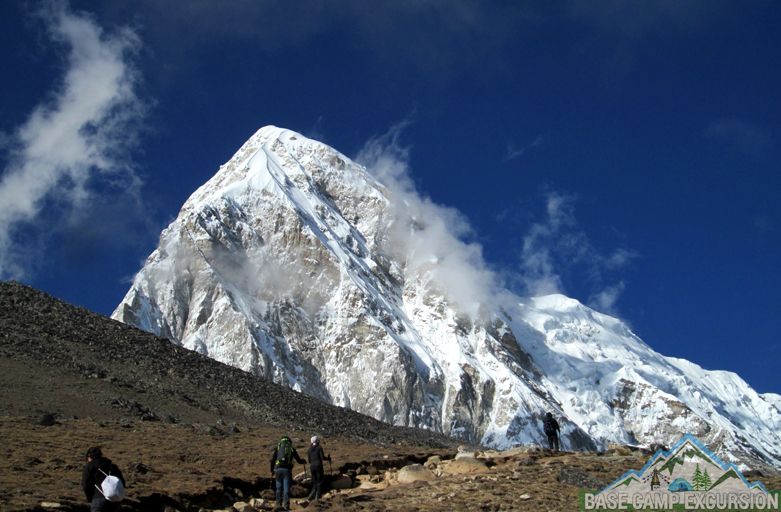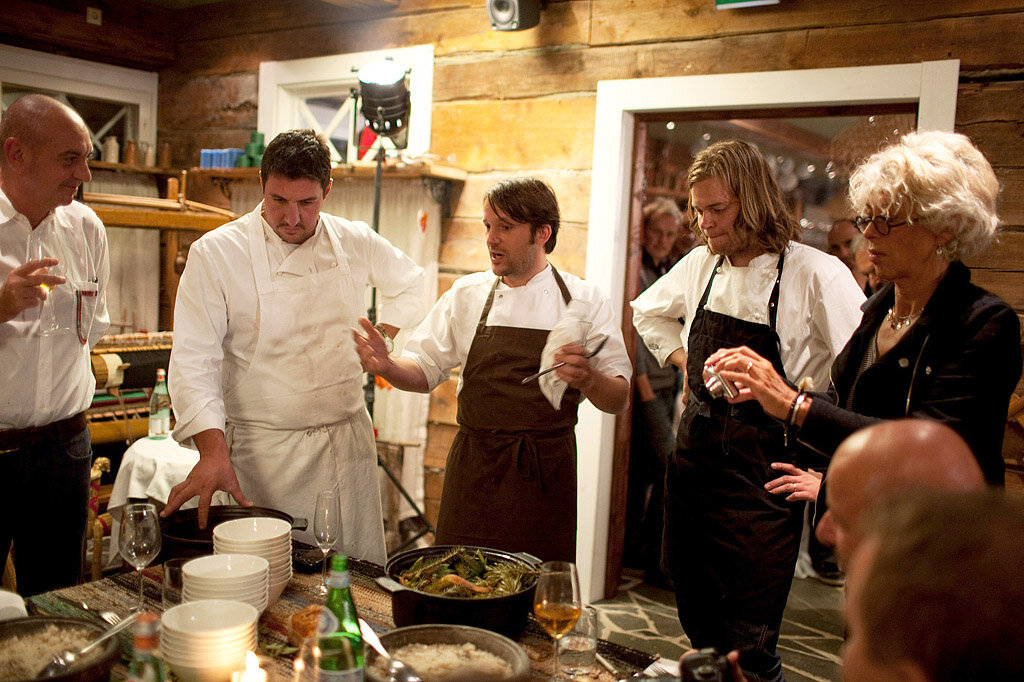An Everest Base Camp trek is many people’s dream; the chance to see some of the highest mountains on Earth and feel a great sense of accomplishment. You will meet many trekkers during the spring and autumn trekking seasons heading towards the base camp, but for those who dare to take the trail off-season, it is a very special and private experience. This includes monsoons (June-August) and winter (December-February). The EBC trek offers remarkable mountain views that will have you coming back for more, with relatively fewer stamps of approval and cheaper prices, not to mention its own brand of wild beauty. This ultimate guide to the off-season will cover why you might want to consider an off-season injourneytourney/journey to Mount Everest Base Camp, and share some useful tips on how to make sure it’s a marvellous (and safe) experience of a lifetime.
Embracing Solitude and Serenity
At high seasons, trails can be crowded and teahouses so packed that you will not enjoy a sense of solitude or nature. “The off-season is a world apart and nice to have because it’s serene and silent.” You’ll hike for long distances with only the noise of nature to keep you company. The teahouses are relatively peaceful and there are more opportunities to interact with local Sherpa families and similar like-minded trekkers. It is tried and tested that this gives you more respect for the local way of life and a true personal experience, making your EBC Trek less like a tourist destination and much closer to an adventure.
The Tempting Cost of Off-Season Trekking
One of the best things about hiking to Everest Base Camp during the off-season is that you could potentially save even more money! The EBC trek cost is generally less expensive since, in the off-season (May-September), tour companies and teahouses are ready to offer reduced rates to attract customers. The Everest Base Camp trek package may be many times cheaper than a peak-season flight. Flights to Lukla, rooms, and food can also be less expensive.
Challenges in the Trek
Not everything is smooth sailing in the EBC Trek off-season. In the monsoon season, rain is accompanied by the dangers of leeches (in relatively lower areas). Footpaths can be muddy and slippery, so watch your step. And those taking flights to Lukla are more likely to be delayed or stranded by low visibility. In winter, however, the cold gets brutal (especially at night), and snow is a possibility on trails. Further up the mountains, teahouses can be closed or have minimal service. Each season takes a willing mind and an easily packed bag. But they are all part of the adventure and, ultimately, why it feels like you actually achieve something.
The necessity of a comparatively flexible scheduling ship.
For an off-season trip, the flexible Everest Base Camp trek itinerary works well for you. Also, plan for an extra day at either the end or beginning of your trek just to have a little wiggle room, because flights to Lukla are often delayed. This cushion allows you to just go with the flow and ensures that you won’t miss your international flight. Any good off-season visit package to EBC will accommodate this into the itinerary. You may want to add a few contingency days to your itinerary, particularly if you are traveling on a ight timeline — ask your tour operator about modifying your schedule.
Trekking Gears and Equipment
Your boots can be protected from mud and water with gaiters. When hitting the trail in winter, it’s all about layers. I even layer below with an athermals base layer, fleece mid-layer, a nd a nice down coat. You need a jiggly sleeping bag down to -20 °C […] For the other two seasons, you will need a quality pair of trekking poles to keep you stable when it’s slippery on the trail or is iced over. Old (or unwashed) dish towels“Lord knows what would happen if I didn’t already carry plenty of rags in my hiker box — not to mention how terrifying the prospect of a head injury causing all that blood would be multi-use swabs in your med an eye open for times when you can substitute an item with something you’ve found or make sure human bystanders see which items were helpful to turn out well stocked mushroom boxes at high traipse-traffic trail-heavier locales where off-season hikers with their own gear are very less likely to drop by!
The position of a manual
It’s constantly a great idea to convey a guide on an Everest Base Camp trek, and it’s essential throughout. An excellent manual will provide personal insight into neighborhood situations — which teahouses are open, trails secure to tread — and the best instances to modify the agenda because of off-seasonal boundaries. There are navigators, but also local expertise and a supporting hand. Receivedn’t it’s first rate for them to have spent years dealing with the unexpected, like travel delays, and adapting to converting situations, along with horrific weather? You would possibly additionally need to keep in mind hiring a porter on your important % (they help bring the weight on the difficult treks).
Health and Acclimatization
For all the seasons & types of weather in the Mount EBC trek, acclimatization is still the key to climbing safely & successfully. This trek was done by one of the editors at Monomestraas, part of the classic 16-day Everest Base Camp trek itinerary with enough acclimatisation/rest days added for avoiding altitude sickness. Even in light of a sparse crowd, you never break this rule. “I will keep hydrating and eating well so I can listen when it tells me to stop.” The winter chill and monsoon dampness should affect your energy, which is why you’d need to take it high-quality and lightly. If you feel any symptoms of altitude illness, tell your manual straight away.
Closing Thoughts: One Road with All Its Fulfillments
Off-season- the EBC Trek is not for the faint-hearted. It requires a strong heart, an inquiry into some difficulties, and the cherishing of pure nature. But for those who are prepared, the rewards are immense. You‘ll see part of the Himlayas as few outsiders do today – all natural, wild. The quiet trail and potential to negotiate lower prices bring a richer encounter with local culture: there is certainly adventure in an off-season Everest Base Camp trek! It’s a journey that confirms the belief that actual beauty and actual experience can be located well off the overwhelmed direction, a ways from humanity and all matters conventional. The reminiscences you remove will be as precise and personal as the trek — a mirrored image of your personal feel of adventure.







